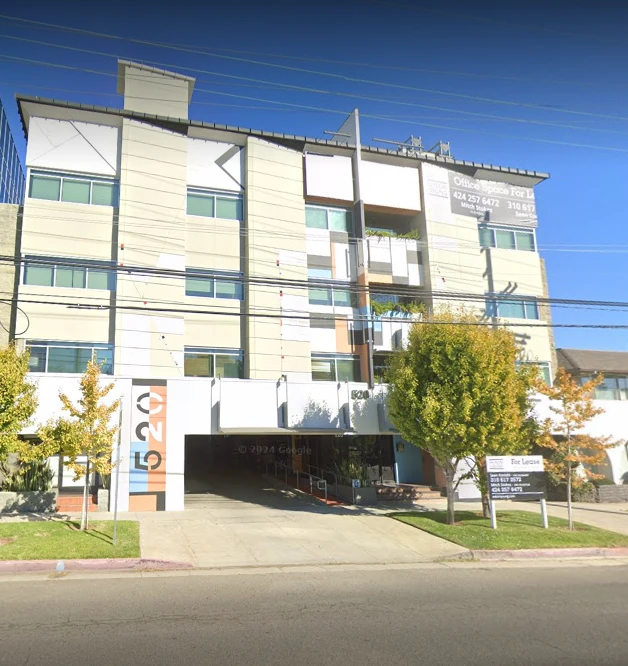Monte Nido – Eating Disorder Center of California, located in Los Angeles, offers comprehensive residential treatment for individuals facing addiction and co-occurring mental health disorders. In addition to providing top-tier clinical care, the center also serves as a valuable resource for the community, offering referrals, specialized eating disorder treatment programs, and robust family support services.
Treatment at Monte Nido – Eating Disorder Center of California begins with an in-depth mental health assessment to identify symptoms of addiction and any co-occurring mental health disorders. This thorough evaluation ensures that each client receives a personalized treatment plan tailored to their specific needs. The center’s approach is grounded in evidence-based practices, designed to address the complex interplay between eating disorders and other mental health conditions for adults aged 18 and older.
The inpatient programs at Monte Nido – Eating Disorder Center of California provide a structured environment where clients can focus on their recovery. These programs incorporate individual and group therapy sessions aimed at enhancing coping skills, fostering peer support, and promoting long-term recovery. Typically, clients attend these sessions three to four days a week, ensuring consistent support as they progress through their treatment journey.
Monte Nido – Eating Disorder Center of California accepts a wide range of insurance providers, including Aetna, AmeriHealth, Anthem, BCBS, CHP, Cigna, Empire, ComPsych, First Health Network, Green Mountain, GOBHI, Health Net, Humana, Kaiser Permanente, Magellan Health, Moda, Multi Plan, Pacific Source, Regence, Samaritan Health Services, Three Rivers, Trillium, United, Value Options, and private pay options. Clients are encouraged to verify their specific coverage details, including out-of-network benefits, with their insurance provider to ensure a smooth admissions process.
With a legacy spanning over 27 years, Monte Nido has remained committed to providing research-backed, compassionate care. The center conducts ongoing research, approved by an institutional review board, to continually assess and improve the effectiveness of its treatment programs. This commitment to excellence has established Monte Nido as a leader in the field, offering the most effective and empathetic care available.
At Monte Nido – Eating Disorder Center of California, clients are welcomed into an inclusive and individualized environment. Each person is supported by a dedicated team of care professionals who work collaboratively to create a comprehensive treatment plan. This personalized approach ensures that clients are guided on a unique path to recovery within a healing and nurturing atmosphere.
Monte Nido is proud to be accredited by The Joint Commission, reflecting their adherence to the highest standards of care in the industry.
Monte Nido - Eating Disorder Center of California Information
Treatment
Who We Treat
- Adolescents
- Male and Female
Approaches
- Wellness
- Evidence-Based
Conditions We Treat
- Trauma
- Eating Disorders
- Post Traumatic Stress Disorder (PTSD)
Languages
- English
Aftercare
- Intensive Outpatient Program
- Alumni Events & Get-Togethers
Level of Care
- Day Treatment
- Outpatient
Accreditations
-
The Joint Commission
The Joint Commission accreditation for addiction and behavioral health signifies that a facility has met rigorous standards in patient care, treatment, and safety. This recognition assures patients and professionals of the facility's commitment to providing high-quality, evidence-based care in the fields of addiction and behavioral health, fostering trust and confidence in their services.

Additional Locations
Find the best treatment options. Call our free and confidential helpline today!



















